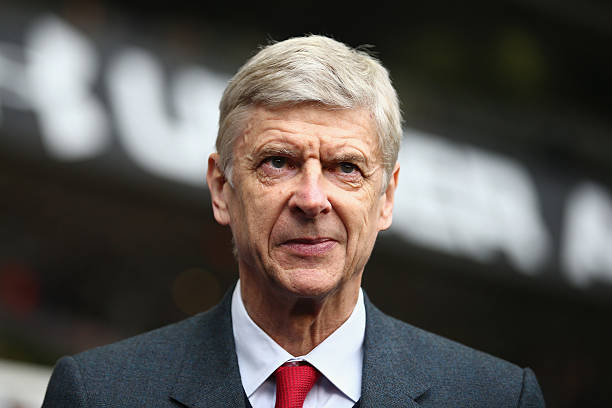Arsène Wenger has revealed he turned down a potential move to Manchester United to replace Sir Alex Ferguson because the club didn’t match his values.
The United executives made their approach to Wenger in 2000/01 when they thought Sir Alex Ferguson was leaving, and according to Edwards in the Express, Wenger wasn’t completely against it.
“We made our approach and Wenger did show a little bit of interest. Enough to want to meet Peter Kenyon [United chief executive at the time] and me at his house in London to listen to what we had to say.”
After holding two meetings with United, Wenger decided to turn the club down. When asked why after Arsenal’s win over Bournemouth, the long-serving manager responded: “Because I love the values of this club and, for me, a club is about values first.
“A lot has changed but when I came here this club was about values that I love in sport. That is why I am still in the competition. So I always question myself. Yes, of course, Manchester United is attractive but am I happy here? The answer was yes.
“I am always very confidential – one day maybe I will get all the contacts I had during my stay at Arsenal and it would make a few chapters.”
Wenger is not wrong about being able to keep things quiet, given that we’re only hearing about this approach 16 years after it happened. It seems it’s just one more thing we’ll have to wait for the manager’s long-awaited autobiography to hear more about.
If the 67-year-old had decided to leave for United at that stage, then there likely would’ve been no ‘Invincibles’ season, and Arsenal’s chances of winning the six FA Cups and two league titles would be significantly lower.
Personally, I think any manager would have struggled during the transition between stadiums, and at least Wenger gave us some stability. But either way, I’m certainly glad he didn’t leave back in 2001.
Manchester United fared extremely well after Ferguson made a u-turn on his decision to exit the club, eventually retiring from management in 2013. Arsene Wenger enjoyed a successful few years that followed before the stadium move in 2006.

